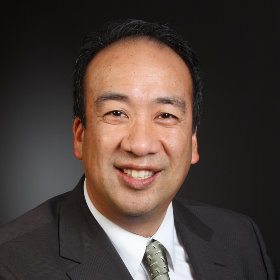Treatments
Cataracts may be noticed during reading, watching television, driving (particularly at night) or any other activity. Currently, there is no medical treatment (drops or tablets) that will prevent cataracts or reverse them once they develop. Cataract surgery is the only treatment.
The decision to proceed with cataract surgery is an individual one and made in consultation with the patient’s ophthalmologist. The timing of surgical intervention will vary, depending on the degree to which the cataract is impairing the patient’s vision and the effect this is having on the patient’s lifestyle.
Please see video below regarding LenSx Laser surgery.
















